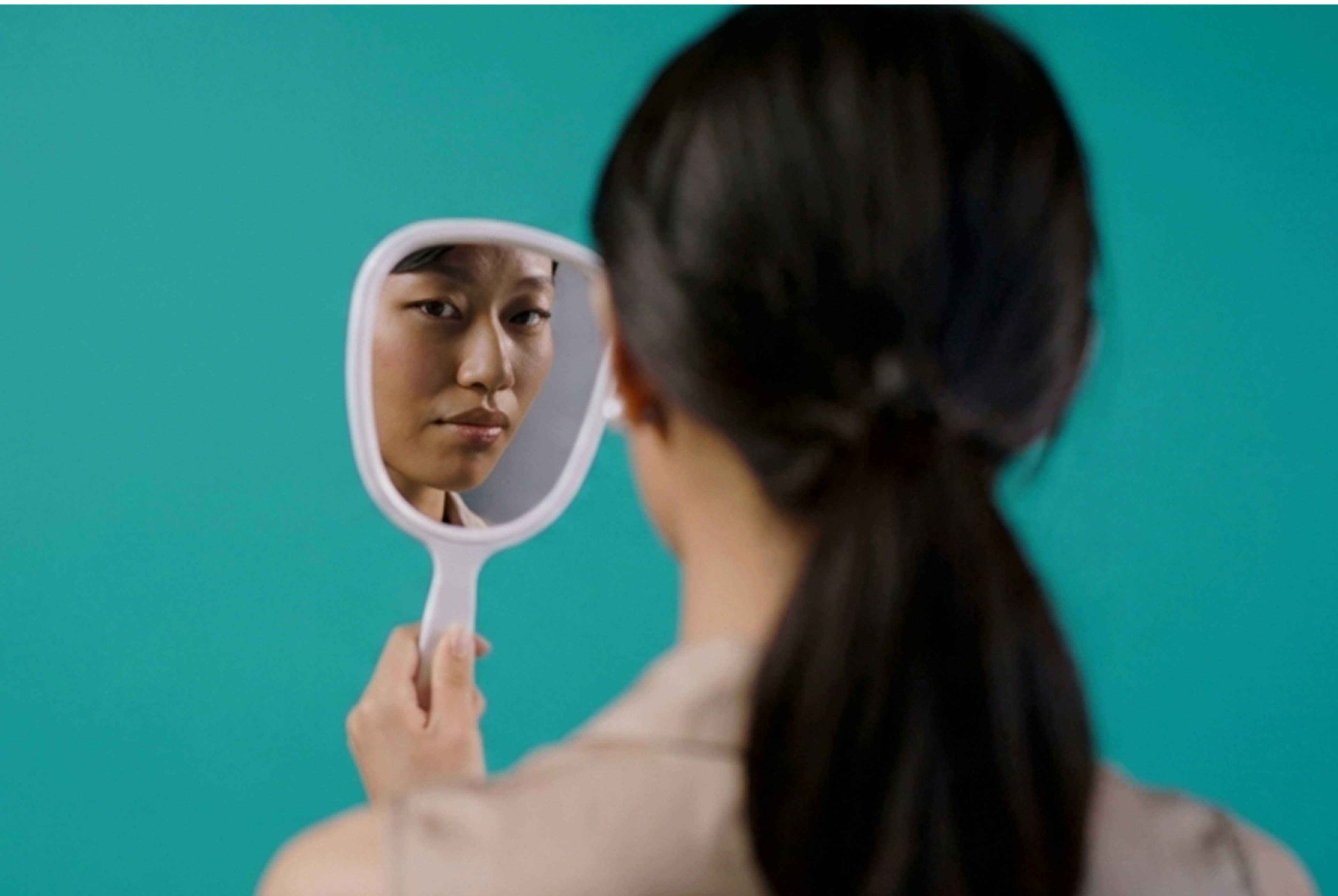


Some people turn to food for comfort when they’re feeling sad, a behavior sometimes called "emotional eating." Others may struggle to eat when they’re experiencing distressing emotions. These behaviors can be normal and harmless if they happen from time to time, but if you find that your emotions are regularly contributing to disordered eating habits, you may be experiencing a mood disorder and an eating disorder at the same time.
Depression and anorexia are both common mental health disorders. They can often co-occur, meaning someone experiences symptoms of both disorders, and oftentimes the symptoms of one can exacerbate symptoms of the other.
Read on to learn how these two disorders are connected, how they affect each other, and how they can be treated simultaneously.
How are depression and anorexia connected?
Depression, or major depressive disorder, is a mood disorder that causes overwhelming distressing emotions and thoughts. Anorexia, or anorexia nervosa, is an eating disorder that’s characterized by restricting the quantity or types of food a person eats due to an intense fear of gaining weight and a disturbance in the way one experiences their body weight or shape.
Because both of these mental health disorders affect millions of people every year, it’s not surprising that there’s often overlap between the two diagnoses. While there has been limited research, the percent of people struggling with both depression and anorexia can range between 36% and 80%.
Depression and anorexia can be connected to one another for a number of reasons, including the fact that your nutrition and emotional regulation are deeply intertwined. The undernourishment that comes from anorexia can alter the parts of the brain that affect your mood, causing distressing emotions that lead to depression. Conversely, emotional dysregulation and distressing feelings associated with depression can often affect someone’s appetite, body image, and feelings toward food.
Depression and anorexia also share some symptoms, including:
- Changes in appetite
- Weight loss
- Fatigue
- Social withdrawal
- Flat affect
How do depression and anorexia affect each other?
The symptoms of depression and anorexia can feed off of each other, causing behavioral, psychological, and emotional patterns that interfere with your quality of life.
Here are a few ways that depression and anorexia affect one another:
- Lack of appetite: When you’re experiencing pervasive feelings of sadness from depression, it can lead to a consistent loss of appetite and lack of energy for eating. This undereating can both trigger and fuel the symptoms of anorexia.
- Low self-esteem: Anorexia can cause you to obsess over your shape and weight, which can lead to a decrease in confidence and low self-esteem. Low self-esteem, in turn, can lead to depression symptoms, such as pervasive feelings of worthlessness and shame.
- Loss of interest in food: One of the most common symptoms of depression is feeling a lack of interest in things that used to bring you pleasure, including food. When someone is also struggling with anorexia, this loss of interest makes restriction not only easier but more desirable.
How therapy can treat symptoms of both depression and anorexia
Living with any disorder that impacts your mental, emotional, and physical health can be a struggle. Having two mental health disorders that continuously affect one another can cause you to feel overwhelmed, but lasting recovery is possible—and worth it.
When you’re dealing with a co-occurring condition alongside an eating disorder, it’s essential to address both during treatment. Treating one issue might naturally have a positive domino effect on the other, but both deserve dedicated attention.
One of the key aspects of almost any mental health journey is therapy, which is why every patient at Equip works with a therapist specialized in eating disorders. Our therapists use a variety of different evidence-based therapy modalities, such as cognitive behavioral therapy (CBT) and dialectical behavioral therapy (DBT). Through therapy, patients learn to identify how emotions and eating patterns are intertwined, and work to learn skills for addressing triggers in daily life.
At Equip, patients are matched with a multidisciplinary, dedicated care team that includes a therapist, dietitian, medical provider, peer mentor, and family mentor to help address the effects of depression and anorexia simultaneously.
If you’re struggling with depression and anorexia—or are concerned about a loved one who is—get in touch with our team today for more information or to schedule a free consultation.
About Pepper Snider, LMHC
Pepper Snider is a Licensed Mental Health Counselor Associate with over 15 years of eating disorder experience in advocacy, patient care and research. Pepper started in the field as an advocate sharing her story of eating disorder recovery. Over the years her story has been showcased in interviews, articles and broadcasts on a local and national level. Pepper has worked in eating disorder treatment centers at all levels of care as a therapist, patient care assistant and diet technician. In addition, Pepper has given back to the eating disorder field as a research participant at Columbia University, University of North Carolina at Chapel Hill and Seattle Children’s Hospital. Pepper has a unique perspective and insight into eating disorders given her multifaceted roles and experiences in the field.
1. Calvo-Rivera, Maria Pilar, et al. “Comorbidity between Anorexia Nervosa and Depressive Disorder: A Narrative Review.” Psychiatry Investigation, vol. 19, no. 3, Mar. 2022, pp. 155-63. https://www.ncbi.nlm.nih.gov/pmc/articles/PMC8958208/.
2. Casper, Regina C. “Depression and Eating Disorders.” Depression and Anxiety, vol. 8, suppl. 1, 1998, pp. 96-104. https://onlinelibrary.wiley.com/doi/abs/10.1002/%28SICI%291520-6394%281998%298%3A1%20%3C96%3A%3AAID-DA15%3E3.0.CO%3B2-4.







